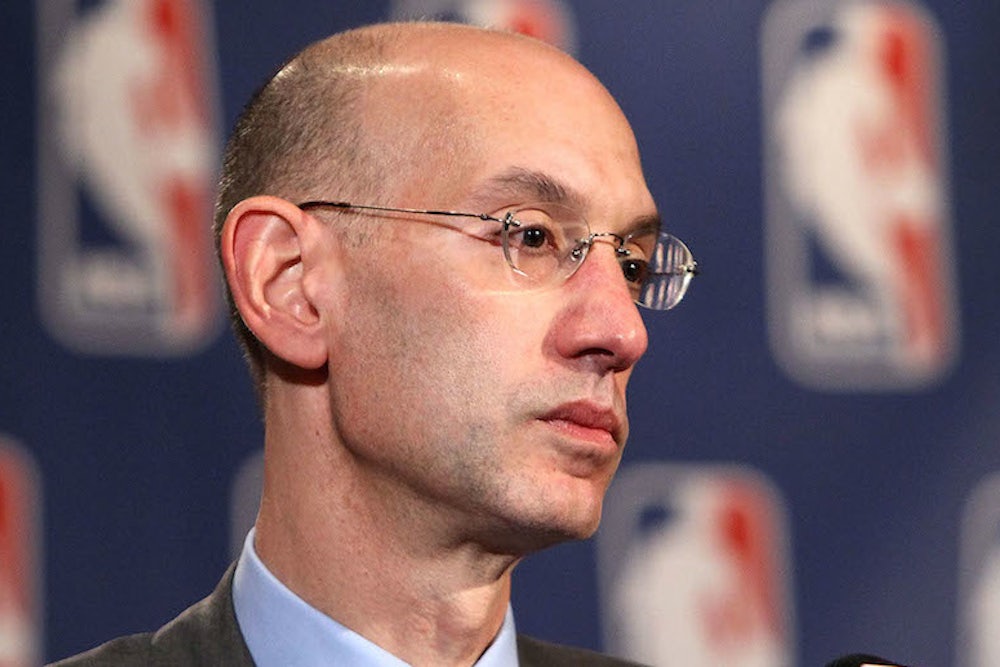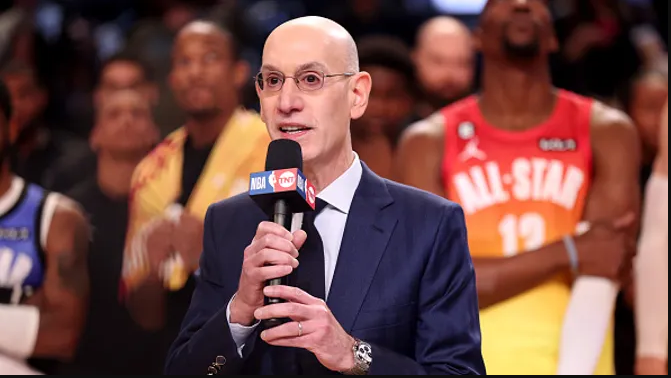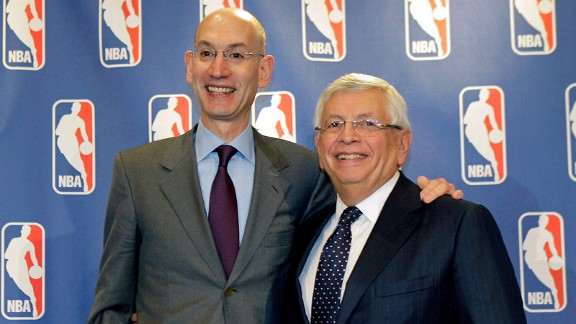Per Evan Sidery of Forbes, Silver was somewhat cagey with regards to locking down an exact timeline for when the league would look to expand from its current 30-team slate, and whether a return to Seattle would be a part of that expansion.
Previously, it had been assumed that the NBA would look to add one or two new teams after figuring out its next TV rights deal, which has now been cemented.
“I’m tremendously empathetic to those fans. I will speak directly to Seattle,” Silver said. “I wish I could be more conclusive today and say, here it is. Here’s the timeline. There are events that are clearly outside of my control.”
The SuperSonics were first introduced in 1967. They enjoyed their most successful season as a franchise during the 1978-79 season, when the Lenny Wilkens-coached club flattened the Washington Bullets 4-1. Seattle and Washington had met in the NBA Finals the year before, but the Bullets won that series in seven games.
Future Hall of Fame guard Dennis Johnson was named Finals MVP for his efforts in the SuperSonics’ 1979 championship run. Seven-team All-Star Jack Sikma was the other Hall of Famer on that club, which also boasted two-time All-Star guard Gus Williams.
Silver explained that he wants to ensure that current owners don’t feel miffed by seeing their piece of the club’s new media rights deal get a bit diluted.
“Part of it, as I said, is trying to assess value in a way that’s both fair even to a potential owner and fair to the existing owners in terms of what it means to add additional partners [in] different cities,” Silver explained. “Divide up our current media pie with a 31st or 32nd share. Also, we want to make sure we put teams in a position, particularly as we’re setting the price to be in a position to be competitive, economically successful, and just as important, for the other teams successful on the floor.”

That’s a bit of a strange thing to express concern about now, as prior intel had suggested the lucrative new agreement (worth $77 billion) was supposed to help usher in the opportunity for new teams and owners. It almost feels as if Silver is kicking the can down the road
“And the issue I would not have anticipated at the time I sort of begin talking about the timeline, is how much unknown there is about local media right now,” Silver also cautioned. “Having said that, though, I would just say again to our many fans in Seattle, and I hear from them often, and the legacy of the Sonics is still very strong, and it’s a fantastic basketball market, is that we are very focused on it. The fact I think that I’m not being more sort of forthcoming publicly doesn’t mean we’re not studying it very intensively. We don’t take those fans for granted.”

The SuperSonics also enjoyed a renaissance in the 1980s and 1990s, when the team fielded multi-time All-Stars Gary Payton and Shawn Kemp. Seattle even returned to the NBA Finals in 1996, where the team pushed the 72-win Chicago Bulls to six games in a loss.
After former Starbucks CEO Howard Schultz sold the franchise to a new ownership group led by Oklahoma City-based businessman Clay Bennett in 2006, the team seemed doomed for a relocation to Bennett’s home turf. Sure enough, after the SuperSonics went 20-62 during Kevin Durant’s 2007-08 rookie season, Bennett pulled the trigger on a move, rebranding the franchise as the Oklahoma City Thunder.

“We’re thankful that the interest has remained over all these years,” Silver said. “I would just say the fact that we’re not ready to make any public announcements with a specific timeline doesn’t mean we don’t care a lot about those fans, and we aren’t very focused on the potential for the NBA to return to Seattle.”






Leave a Reply